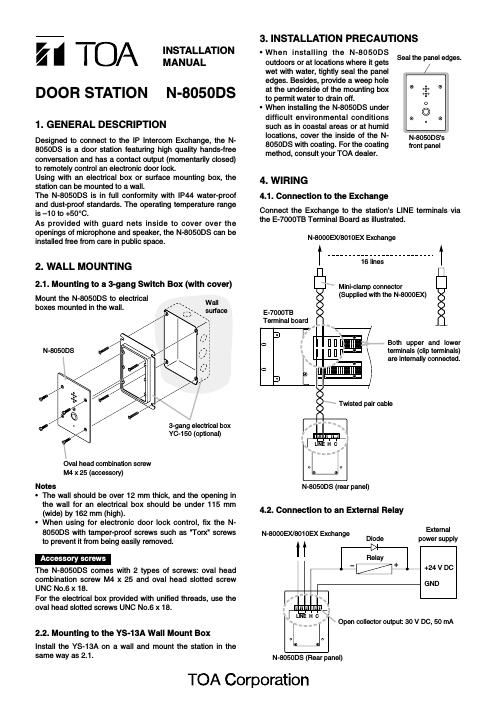Toa n 8050ds
This is the 2 pages manual for toa n 8050ds.
Read or download the pdf for free. If you want to contribute, please upload pdfs to audioservicemanuals.wetransfer.com.
Page: 1 / 2

This is the 2 pages manual for toa n 8050ds.
Read or download the pdf for free. If you want to contribute, please upload pdfs to audioservicemanuals.wetransfer.com.
